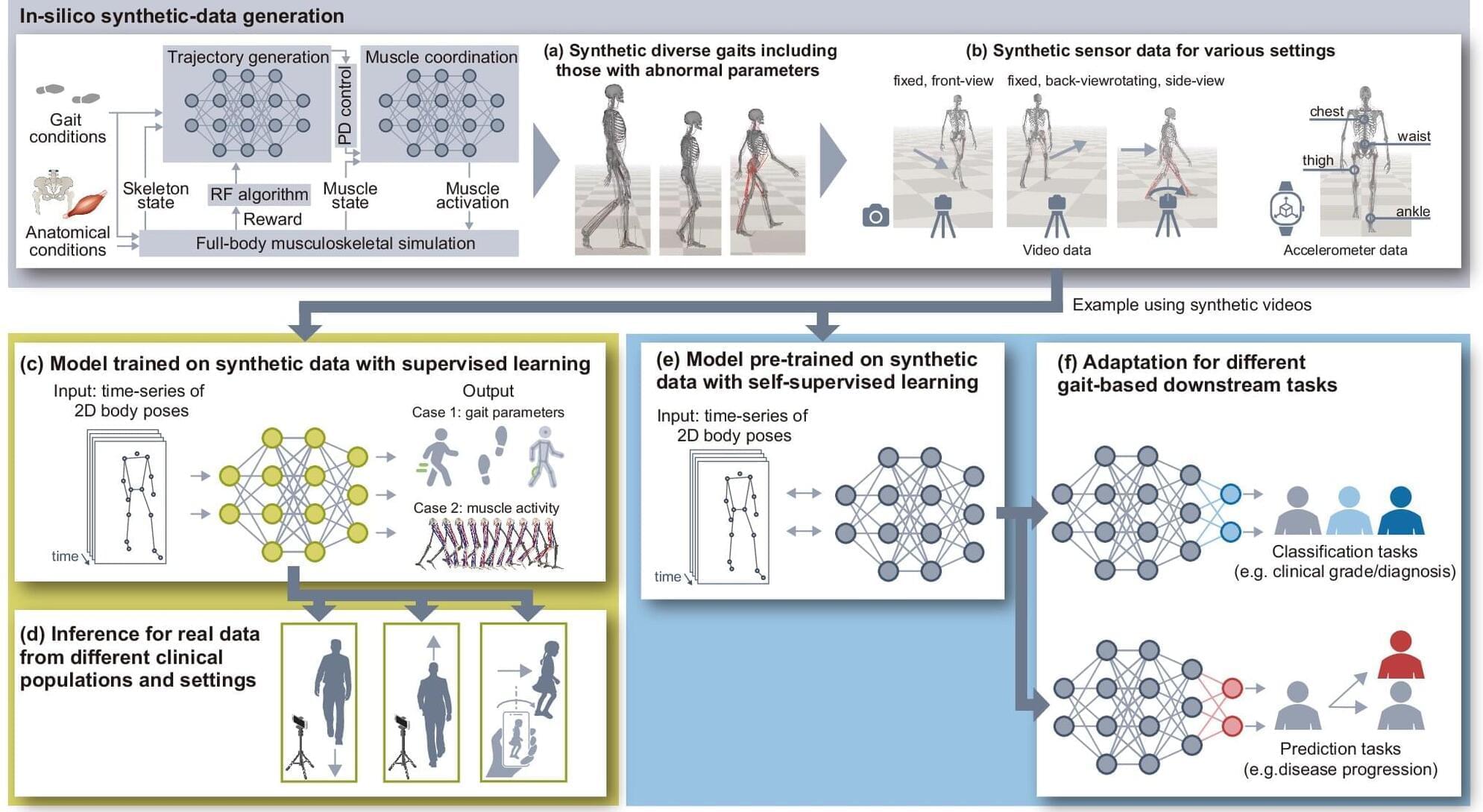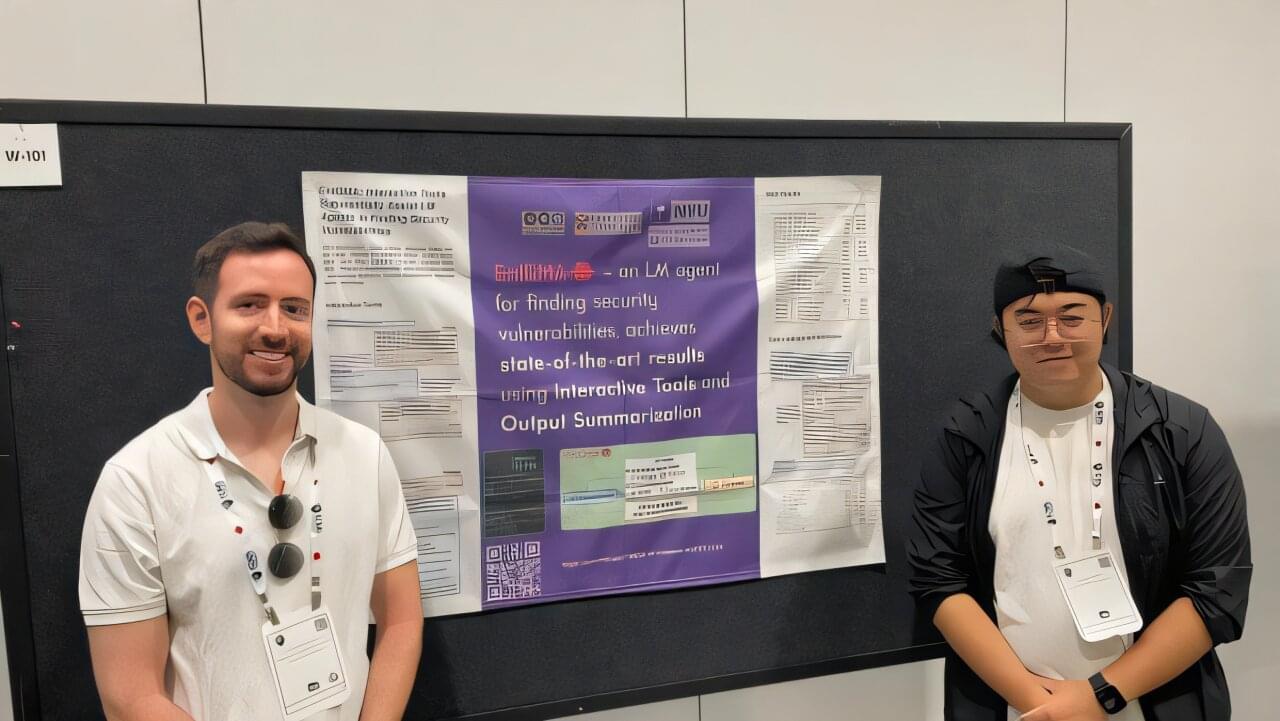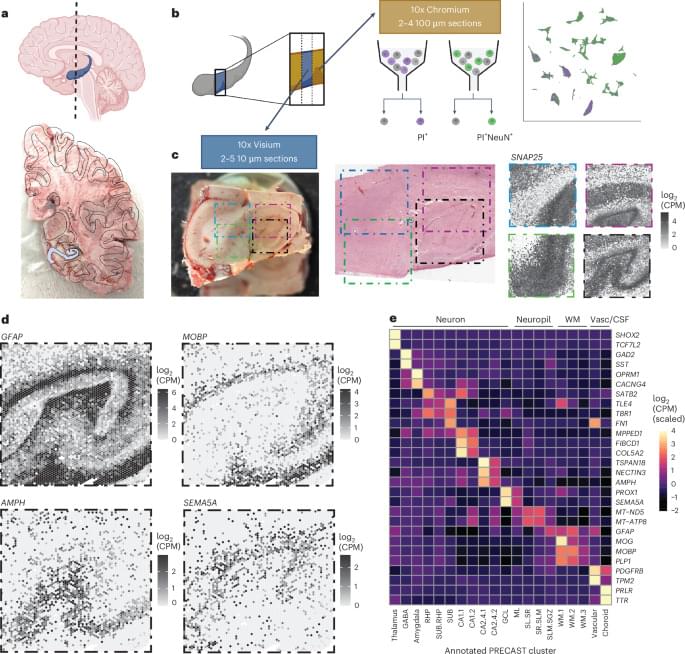The cancer drugs called PARP inhibitors have a puzzling reputation: even though they are treatment mainstays for multiple forms of cancer, they can damage cancer-killing T cells and disrupt the potential for meaningful therapy. New research from medical scientists in China is revealing ways to sidestep this obstacle by preventing PARP-induced collateral damage to T cells.
A multi-disciplinary team of researchers in Wuhan, working at several collaborating institutions, developed methods to prevent damage and showed that doing so increases the drugs’ efficacy against ovarian tumors and may help expand PARP inhibitors’ overall use. The PARP inhibitor drug family consists of slightly more than half a dozen medications, and the same problems appear consistent in all of them, say investigators participating in the study at Tongji Hospital, Tongji Medical College and Huazhong University of Science and Technology.
Writing in the journal Science Translational Medicine, the Wuhan-based researchers explain that PARP inhibitors have become standard treatments for epithelial ovarian cancer, the most lethal gynecologic cancer. However, PARP inhibitors often can’t eliminate tumors on their own. Doctors have attempted to combine PARP medication with immunotherapies, such as immune checkpoint inhibitors, but results have been mixed, creating yet another obstacle in the PARP treatment saga.








